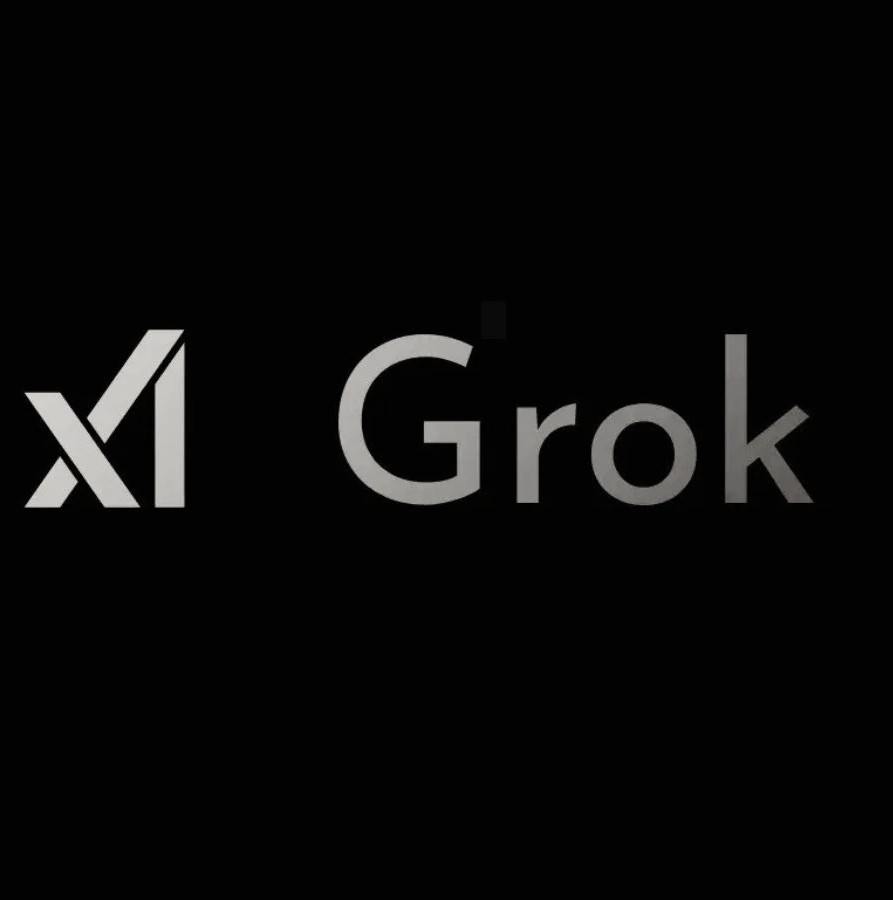AI & Audit Automation
AI & Digital Transformation
Advanced AI Revolutionizes Income Tax Return Validation: A Deep Dive into the New System
The introduction of an advanced AI system for validating Income Tax Returns (ITRs) marks a significant leap towards precision and fairness in tax assessments. This article explores the comprehensive workings of the new AI program, its meticulous data gathering and cross-referencing capabilities, and its impact on ITR processing and refunds.
AI-Powered ITR Validation: Ensuring Precision and Fairness
In a groundbreaking move, the Income Tax Department has unveiled an advanced AI program designed to enhance the accuracy and fairness of Income Tax Return (ITR) validation. This state-of-the-art system meticulously gathers, cross-checks, and analyzes financial data to ensure precise tax assessments. Below, we delve into the intricate workings of this AI-driven system and its implications for taxpayers.
Gathering and Cross-Checking Data
Data Collection and Integration: The AI program begins by aggregating all data linked to an individual's PAN card. It then cross-references this data with the corresponding Aadhaar card information, ensuring comprehensive coverage of the taxpayer's financial landscape.
Bank Account Transactions: The system scrutinizes transactions related to both PAN and Aadhaar-linked bank accounts. This includes declared accounts as well as any undeclared ones, providing a thorough examination of financial activities.
Comprehensive Financial Analysis
Fixed Deposits and Investments: The AI system collects detailed information on fixed deposits, quarterly interest credits, share dividends, and transactions involving both long-term and short-term gains from mutual funds and shares. This enables a holistic view of the taxpayer's investment portfolio.
Undeclared Accounts and Savings Schemes: In addition to declared accounts, the AI program identifies undeclared bank accounts, including joint accounts where the taxpayer is listed as a secondary or tertiary holder. It also searches for postal accounts, cooperative bank accounts, local credit institutions, and various postal savings schemes, especially those linked to non-ITR-filing family members.
Verification of Property and Transactions
Property Transactions: The AI validates PAN card information with government registry offices to identify land and immovable property transactions over the past three years. This ensures that all property dealings are accounted for in the tax assessment.
Financial and Personal Transactions: The system analyzes debit and credit card transactions, passport and visa records, and vehicle purchase or sale history. This comprehensive scrutiny ensures that all financial activities are accurately reported in the ITR.
Comparison with Submitted Data
Cross-Checking Submitted Information: All gathered data is meticulously compared with the information provided in the ITR, including cross-checking with the TDS data in Form 26AS. The AI computes any discrepancies between declared and undeclared income, issuing demand notices under section 143(1) if inconsistencies are discovered.
Implementation and Impact on IT Refunds
Execution of the New System: Following successful testing, the AI-ITR program is set to be implemented this year. Due to the extensive nature of the new system, ITR processing may experience delays, with all returns expected to be processed by the last week of July or the first week of August.
Recommendation for Taxpayers
Ensuring Accurate Filings: Taxpayers are advised to ensure the accuracy of their filings to prevent complications arising from the new AI system. Non-filers will also be scrutinized to guarantee the accuracy of their data.
Conclusion: The introduction of this advanced AI system represents a significant stride towards precision and fairness in tax assessments. While it may cause delays in ITR processing, the benefits of accurate and fair tax evaluations outweigh the temporary inconvenience. Taxpayers are encouraged to be patient and meticulous in their filings, contributing to a more transparent and equitable tax system.
By leveraging cutting-edge AI technology, the Income Tax Department is setting new standards for accuracy and fairness in tax assessments, ensuring that every taxpayer's contributions are properly accounted for.
Source: SAG Infotech| Chat GPT








